In the period from 2016 to present, the implementation of innovation in style, service attitude of medical staff and activities to improve the quality of medical services have been widely deployed by units in the Ha Tinh health sector, contributing to improving the quality of service provision, strengthening the trust and satisfaction of the people. However, through inspection, supervision, public opinion gathering and hotline system, the Department of Health found that there are still a few officials who have not performed well in communication skills, service attitude, compliance with discipline, discipline, technical professional procedures, not meeting the satisfaction of the people and patients.
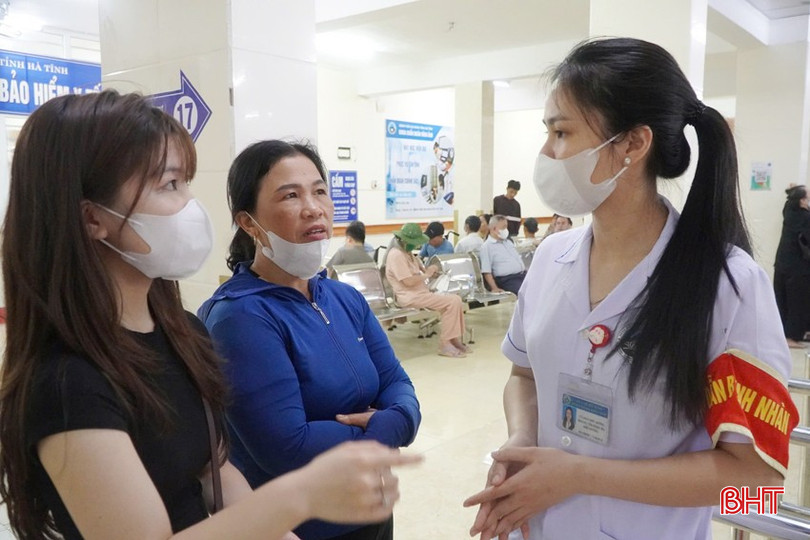
To continue to improve the style, service attitude and improve the quality of medical services to meet people's satisfaction, Ha Tinh Department of Health requires units in the health sector, according to their functions and tasks, to continue to innovate the style and service attitude of civil servants, public employees and workers at agencies, units and affiliated units. Thoroughly implement the motto "taking patients, people and service objects as the center". Review and minimize administrative procedures that cause inconvenience to service objects. Strictly implement the disclosure of the unit's hotline number and promptly record and handle information and feedback from organizations and individuals. Have effective solutions to improve the quality of service provision and satisfaction index of patients, people and service objects.
Strengthen inspection and supervision of the implementation of codes of conduct, professional regulations/processes, ensuring compliance with legal provisions. Review and overcome shortcomings in the management and operation of agencies and units, promptly rectify the implementation of discipline and administrative discipline, especially negative behaviors and manifestations, delays in performing tasks and resolving work related to organizations, individuals and enterprises. Organize training to improve communication skills, behavioral culture, and 5S rules for officers and employees. Proactively grasp, provide and process information to promptly resolve difficulties, problems, and incidents arising in the performance of tasks. Effectively communicate about the achievements and results of units, individuals, and groups with achievements.
In particular, hospitals and centers with beds continue to strictly implement Directive No. 06/CT-BYT dated August 24, 2024 of the Ministry of Health on strengthening management and improving the quality of medical examination and treatment services at medical examination and treatment facilities and the Department of Health's Official Dispatch No. 2514/SYT-NVY dated August 29, 2024 on implementing Directive No. 06/CTBYT dated August 24, 2024 of the Ministry of Health; No. 1163/SYT dated May 3, 2025 on strengthening quality management, ensuring patient safety and preventing medical incidents. Regularly maintain propaganda, education, inspection and supervision of the style and service attitude of officials and civil servants towards patients and their relatives. Develop a unit's service culture handbook and widely disseminate it so that cadres, civil servants, public employees, and workers know and implement it.
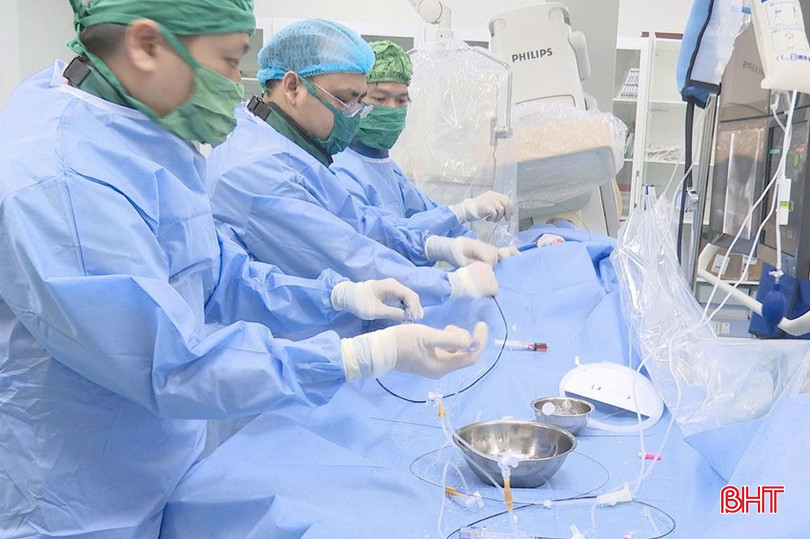
Focus on consulting, guiding, and explaining to patients and their families during the examination, treatment, and use of services. Seriously deploy and implement solutions to improve quality, enhance patient safety, prevent risks, and prevent medical incidents. Strengthen and perfect the mandatory and voluntary medical incident reporting system and encourage and promote proactive detection, reporting, and classification of incidents according to regulations. Carefully review risks, processes, and activities that may cause unsafe incidents; prioritize handling and immediately correcting high risks that affect the lives of patients and medical staff. Strengthen inspection, supervision, and periodic reporting on the implementation of regulations and guidelines on medical incident prevention, prevention, and minimizing mistakes in professional activities.
Periodically review, amend, supplement and standardize technical professional processes, instructions for diagnosis, treatment and patient care, especially procedures for medical examination, emergency patient care, surgery, procedures, obstetrics and gynecology, neonatology; regulations on drug use, infection control, drug management, equipment, medical supplies, etc. Timely replace procedures and instructions that are no longer appropriate. Strengthen training and continuous education on patient safety, medical incident prevention, health consultation and education, communication skills to enhance the responsibility of each medical staff in preventing, detecting and reporting medical incidents and in performing tasks; strictly manage practitioners, students/interns.
Medical centers direct medical stations in their management areas to effectively implement the innovation of medical staff's service style and attitude, prevent medical incidents, comply with regulations and professional procedures. Organize continuous training and education on improving communication skills, behavioral culture, patient safety, and medical incident prevention for all staff working at medical stations.
Source: https://baohatinh.vn/so-y-te-ha-tinh-chi-dao-ve-nang-cao-thai-do-phuc-vu-phong-ngua-su-co-y-khoa-post293160.html








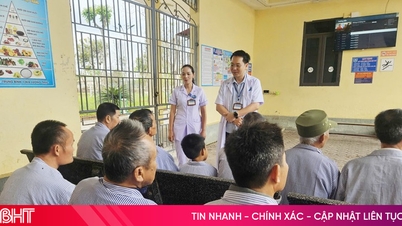

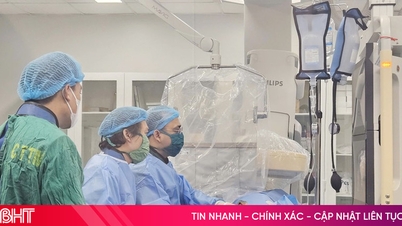
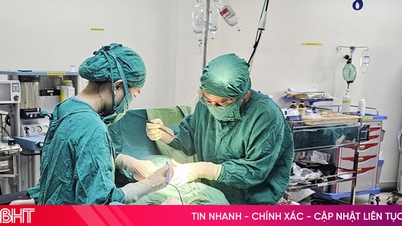




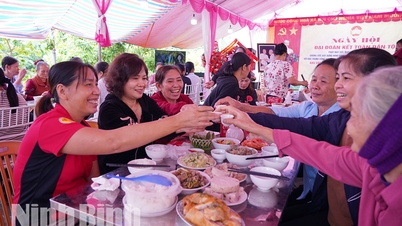





















![[Photo] General Secretary To Lam and National Assembly Chairman Tran Thanh Man attend the 80th Anniversary of the Traditional Day of the Vietnamese Inspection Sector](https://vphoto.vietnam.vn/thumb/1200x675/vietnam/resource/IMAGE/2025/11/17/1763356362984_a2-bnd-7940-3561-jpg.webp)







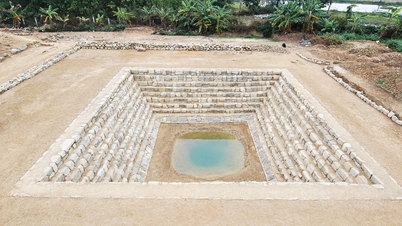





























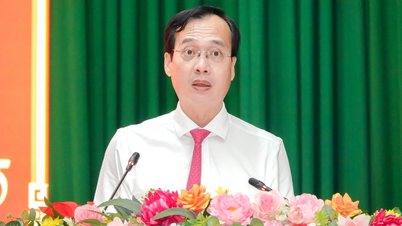



















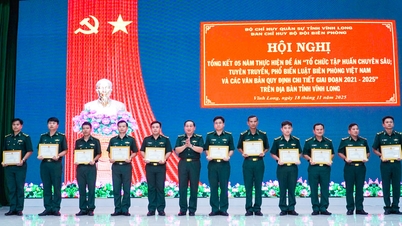














Comment (0)